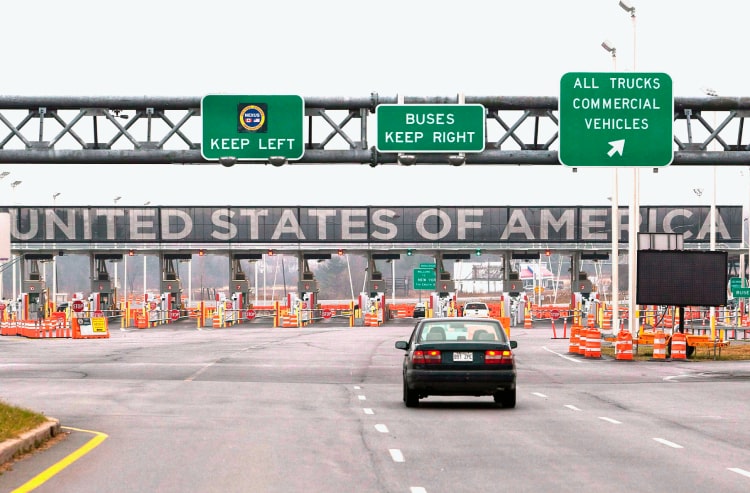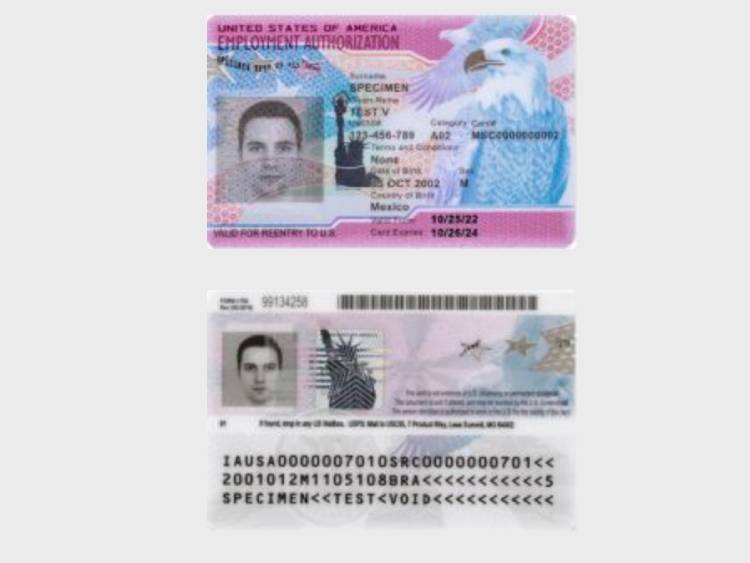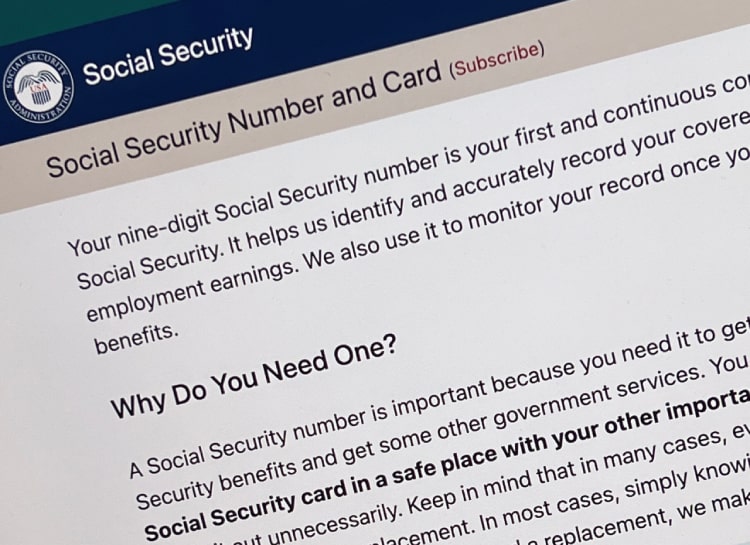A Green Card, officially a Permanent Resident Card, authorizes non-U.S. citizens to live and work indefinitely within the United States. Understanding the pathways to obtaining a Green Card and the transition to U.S. citizenship is important for those considering long-term residency in the U.S. This article provides an overview of green card pathways and U.S. citizenship.
Pathways to Obtaining a Green Card
Employment-Based Categories
Green Cards can be acquired through employment, categorized into the following “EB” categories:
- EB-1: For individuals with extraordinary abilities in various fields, outstanding professors and researchers, and certain multinational managers or executives.
- EB-2: For professionals with advanced degrees or exceptional ability in arts, sciences, or business, who significantly benefit the U.S. national interest.
- EB-3: For skilled workers, professionals, and other workers in positions requiring at least two years of training or experience.
Family-Based Categories
Family-based immigration allows U.S. citizens and Green Card holders to sponsor family members:
- Immediate Relative Visas (IR): Unlimited annually for immediate relatives of U.S. citizens.
- Family Preference Visas: Limited annually, covering more distant familial relationships and including several sub-categories like F1 through F4.
Benefits and Limitations of a Green Card
Holding a Green Card permits permanent residency in the U.S., contributing to the workforce and community. However, it does not grant voting rights in federal elections nor full protection against deportation.
Transition to U.S. Citizenship: Naturalization
Green Card holders may seek U.S. citizenship through naturalization, offering additional benefits such as:
- Voting rights and eligibility for federal employment.
- Passport and travel freedoms without the risk of losing citizenship status.
- Protection from deportation and secure rights under U.S. law.
Differences Between a Green Card and U.S. Citizenship
Legal Rights and Responsibilities
- Green Card Holders: Must renew their cards every ten years, can work and own property, but cannot vote in federal elections and are subject to potential deportation.
- U.S. Citizens: Enjoy all rights of Green Card holders plus the right to vote, run for federal office, serve on a jury, and are protected from deportation.
Travel and Re-entry
- Green Card Holders: Need re-entry permits for trips outside the U.S. lasting over one year.
- U.S. Citizens: Can travel freely and re-enter the U.S. without restrictions.
Family Immigration
- Green Card Holders: Can sponsor immediate family members with some restrictions.
- U.S. Citizens: Can sponsor a broader range of relatives with quicker processing times because they are not subject to caps.
Conclusion
Understanding U.S. immigration laws to obtain a Green Card or U.S. citizenship involves detailed knowledge of regulations and processes. Professional advice from an experienced immigration lawyer is invaluable in evaluating options and ensuring compliance with legal requirements.
Subscribe to Our Resources Blog
Schedule a Consultation with an Immigration Lawyer







